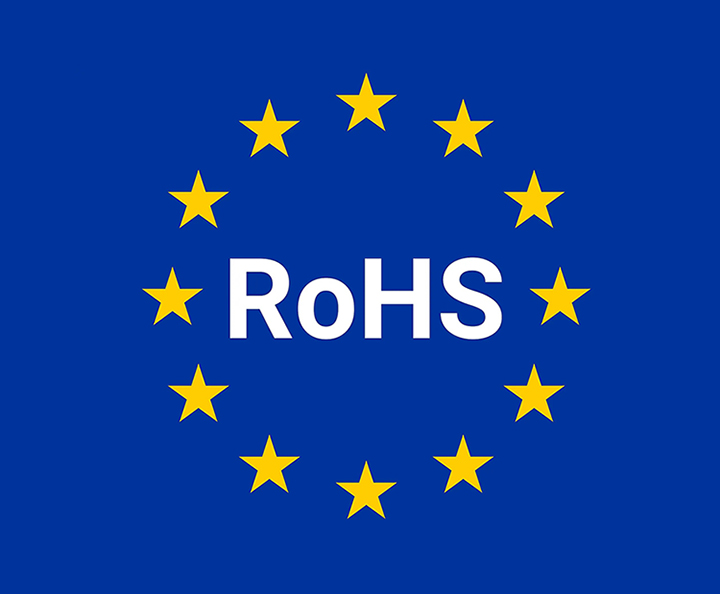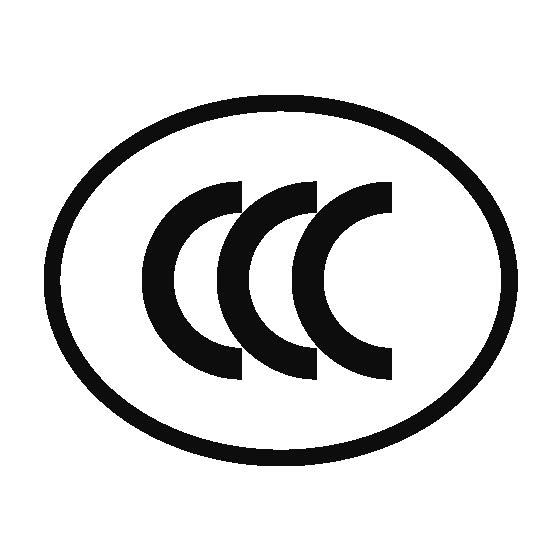In the field of modern aviation, drones have become a key application tool, whether in express delivery, agricultural monitoring, or in entertainment and scientific research, are playing an increasingly important role. However, the efficient operation of drones is inseparable from its core component - the battery. The safety of drone batteries not only directly affects flight performance, but also concerns the safety of the operator and the environment. Therefore, ensuring the quality and safety of drone batteries is crucial, and UN38.3 certification is an important way to achieve this goal.
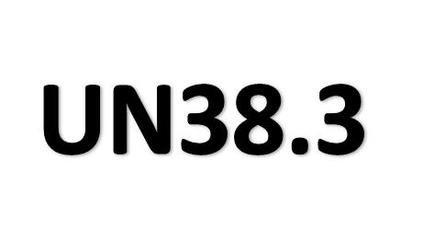
UN38.3 certification is an international standard for lithium batteries (including drone batteries), its full name is the United Nations Dangerous Goods Transport Recommendation Article 38.3, designed to ensure the safety of batteries during transport. This certification requires that the battery must undergo a series of rigorous tests during transportation to ensure that it does not pose a safety problem under various conditions, such as overheating, short circuit, leakage and other risks.
As a professional certification service organization, ZRLK is committed to providing comprehensive UN38.3 certification services for UAV batteries. Our goal is to ensure that every drone battery meets international safety standards through scientific and rigorous testing and evaluation, thereby ensuring the safety of users and society.
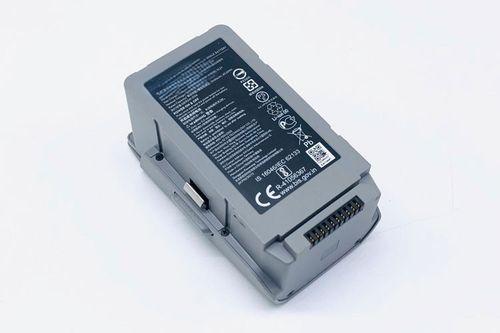
Our certification services include but are not limited to the following:
1, battery type test: to ensure the stable performance of the battery in different scenarios, including the performance of high temperature, low temperature, overcharge and other environmental conditions.
2. Battery packaging test: test the physical shock and vibration that the battery may encounter during transportation to ensure that the packaging can effectively protect the battery.
3, battery discharge and charging test: verify the safety of the battery in the charge and discharge process to ensure that there will be no overheating, expansion and other abnormal phenomena.
4, high temperature and low temperature test: simulate extreme environmental conditions to detect the stability and safety of the battery under high and low temperature conditions.
5, short circuit and impact test: to ensure that the battery will not cause danger in the case of accidental short circuit or mechanical impact.
ZRLK has advanced inspection equipment and an experienced team of professionals, capable of conducting comprehensive inspection and certification for different types of drone batteries. Our technical team will carry out rigorous experiments and analysis according to the requirements of UN38.3 to ensure that every battery meets the standards. Our services not only cover the routine certification testing, but also provide consulting services to help clients understand and cope with the various requirements of the certification process.
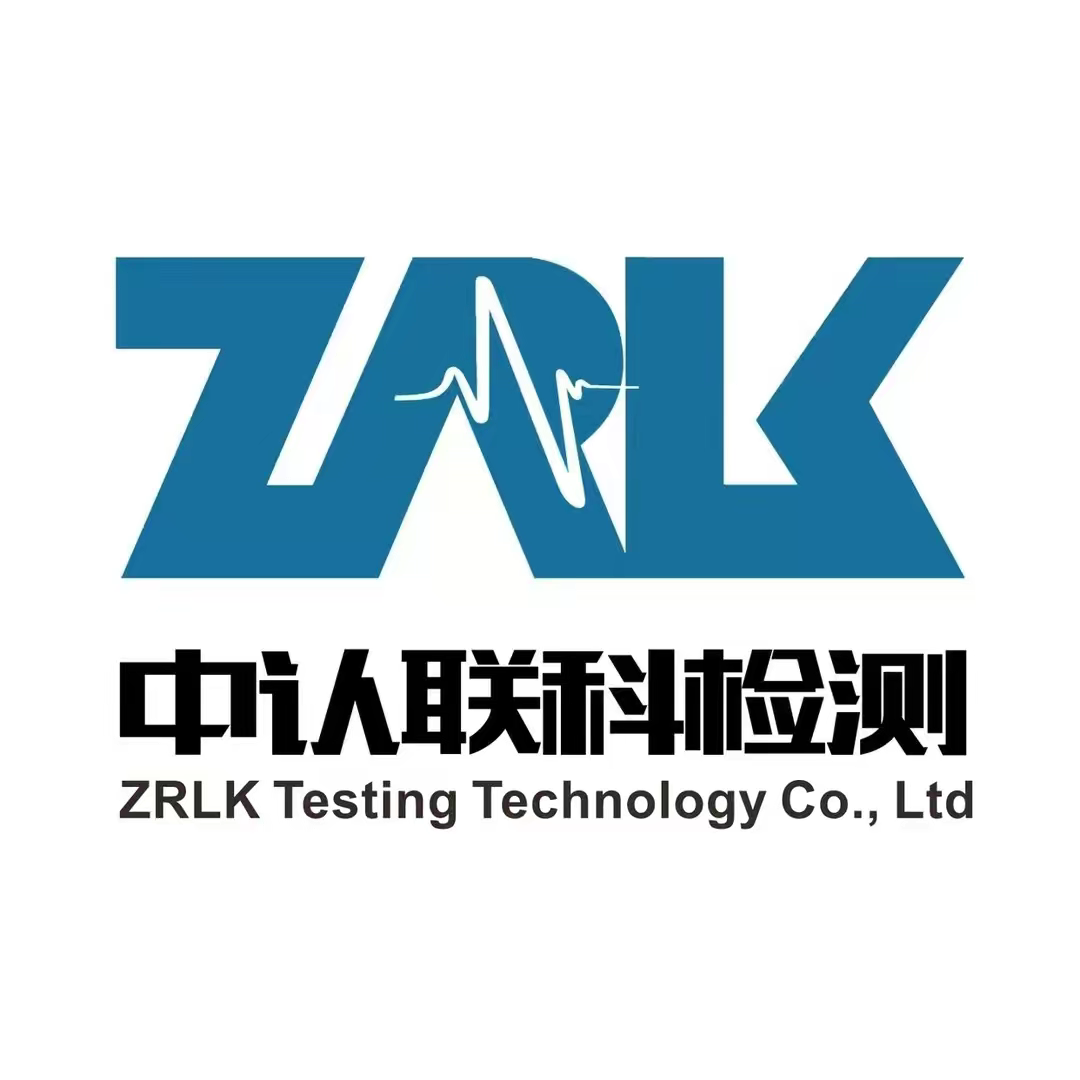
With ZRLK's UN38.3 certification service, customers can confidently use certified drone batteries, which not only improves flight safety, but also enhances market competitiveness. We are committed to providing an efficient and professional service to every customer to ensure compliance and safety of your drone battery worldwide.
In short, whether you are a drone manufacturer or operator, choosing ZRLK as your UN38.3 certified partner is an important step in ensuring the safety of drone batteries. Let's work together to contribute to the safe development of the drone industry.


